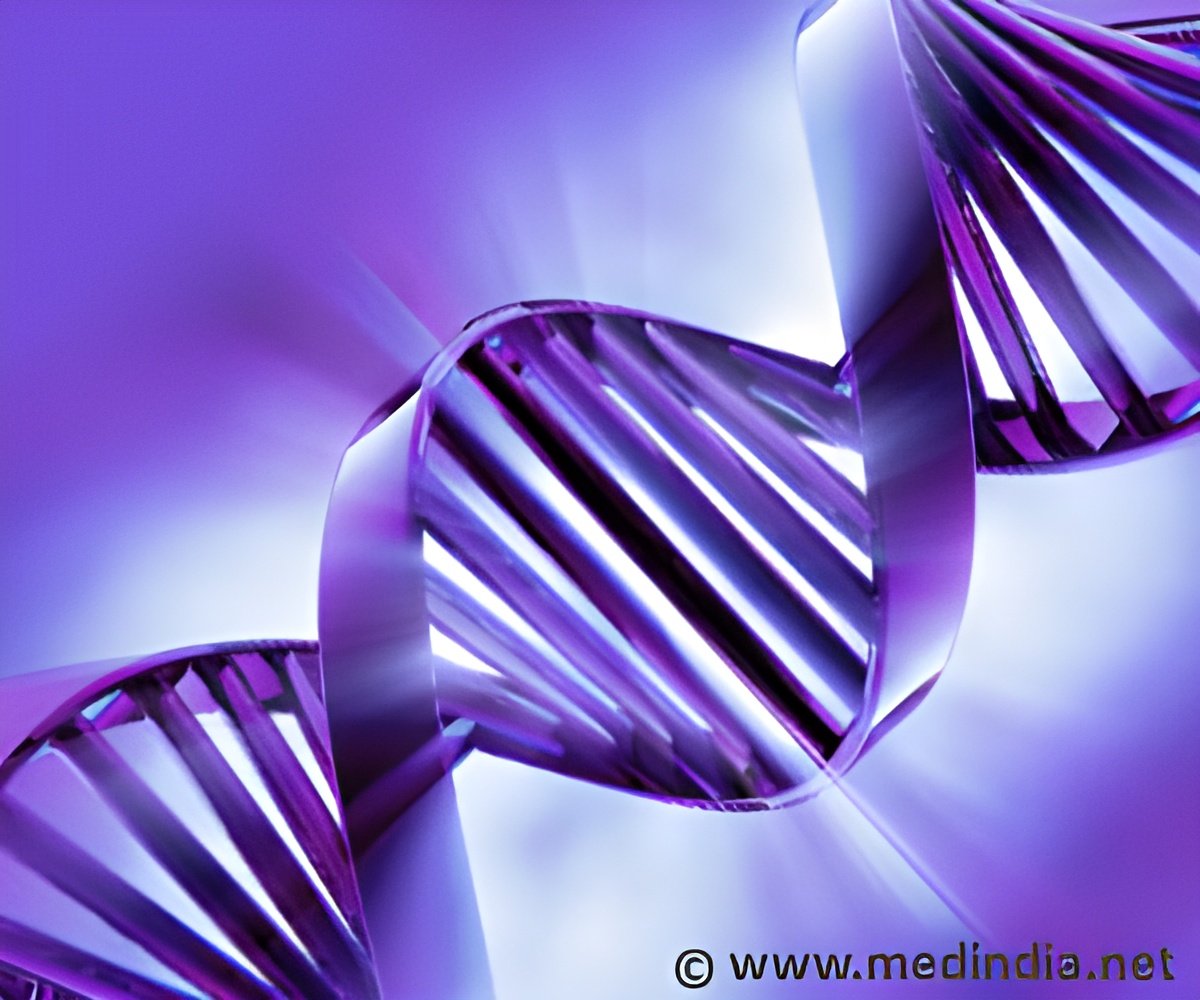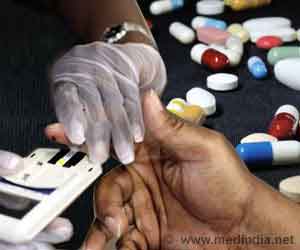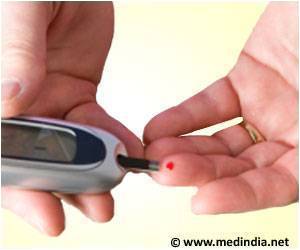If the body is insulin resistant, or unable to respond properly to insulin, it could affect a person’s mitochondrial function and overall energy.

The main reason behind this was that pre-diabetic people who were considered to be insulin resistant ie, the inability to respond to the insulin hormone effectively also had the altered mitochondrial DNA.
Researchers found that the blood samples of the participants had lower amounts of mitochondrial DNA with a higher amount of methylation. It is a process that can change the expression of genes and mitochondrial copy numbers in cells.
“If the body is insulin resistant, or unable to respond properly to insulin, it could affect a person’s mitochondrial function and overall energy levels. Mitochondrial alterations have previously been observed in obese individuals, but this is the first time we’ve made the molecular link between insulin resistance and mitochondrial DNA changes,” said Dr Zhiyong Cheng.
Cheng and collaborator Fabio Almeida believe this link could be important for treating pre-diabetic individuals to prevent Type 2 Diabetes.
“There is no known cure for Type 2 diabetes, and early diagnosis and intervention is critical to prevent this disease. Discovery of the biomarker in obese, pre-diabetic individuals advances our understanding of how diabetes develops and provides evidence important for future diagnosis and intervention,” said Almeida. The study was published in the journal Clinical Epigenetics.
Advertisement















